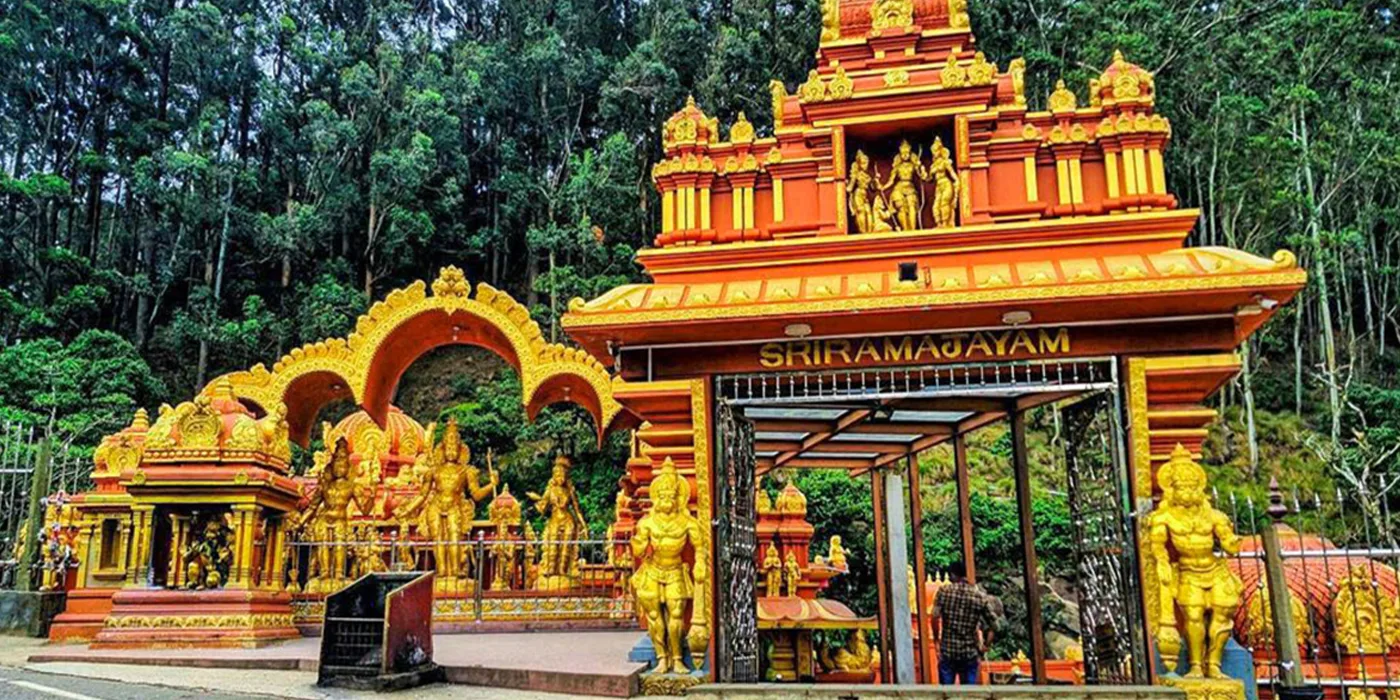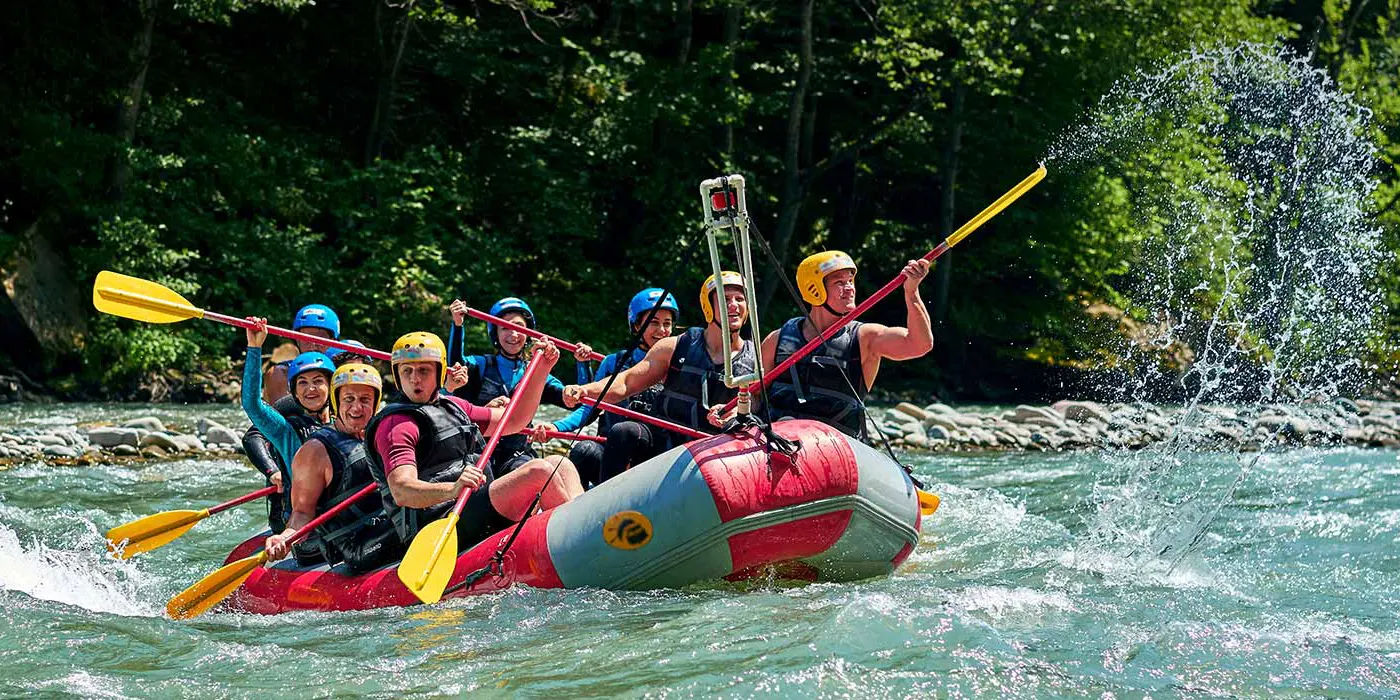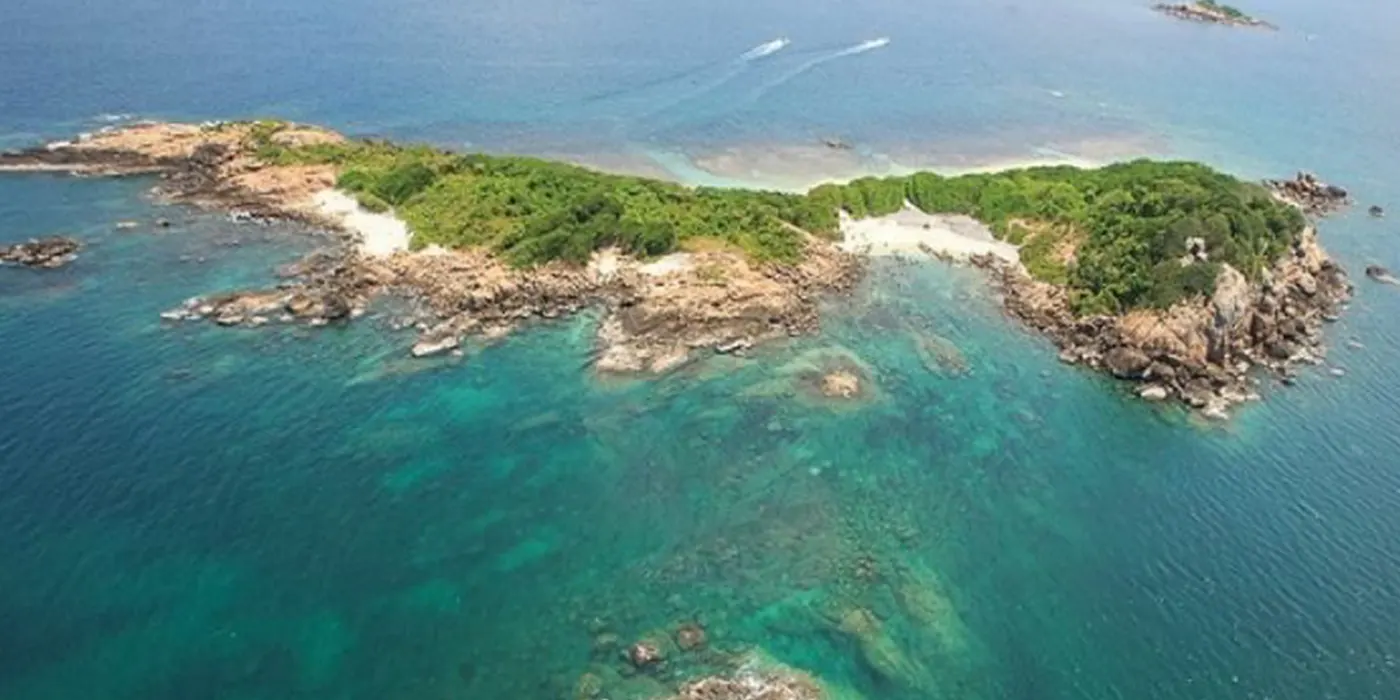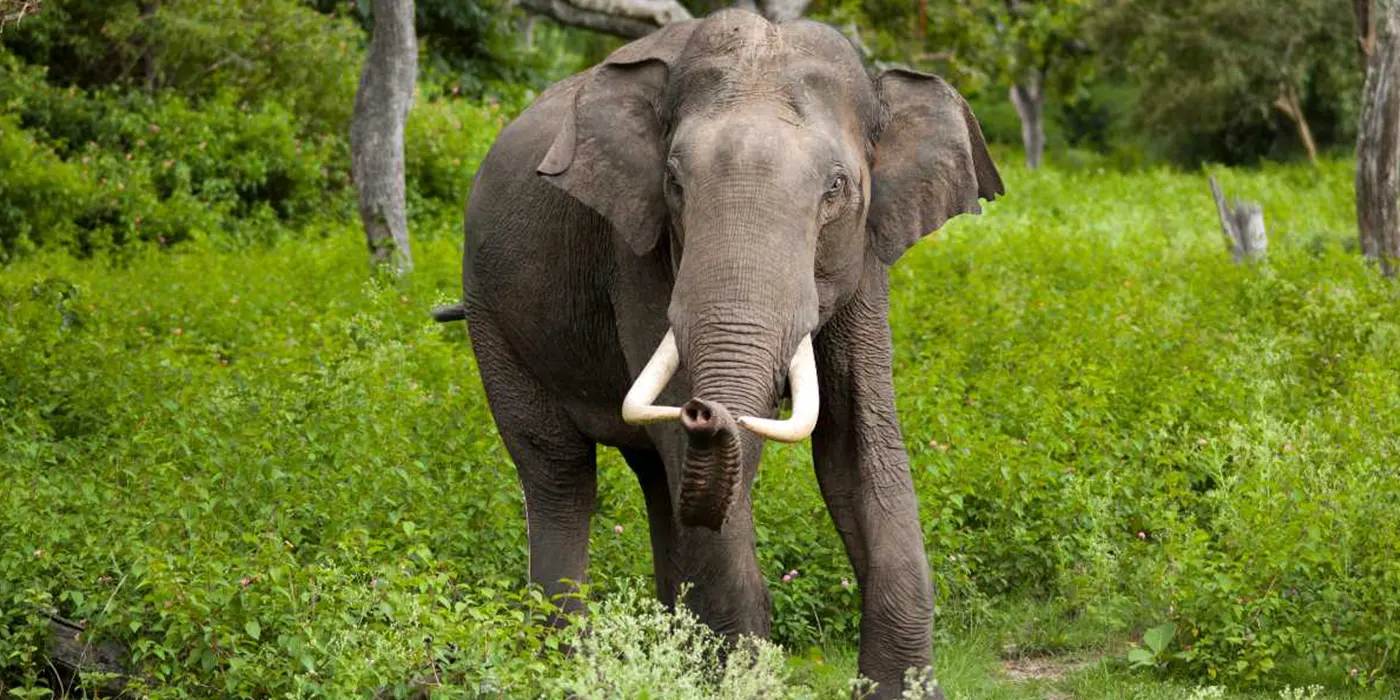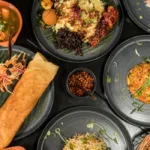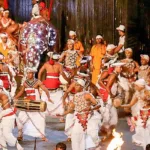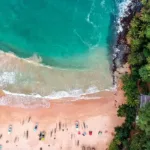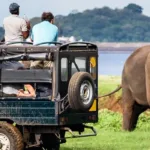If you’re wondering where to start planning a trip to Sri Lanka, this comprehensive travel guide has everything you’ll need. This guide covers all aspects of planning a trip to Sri Lanka, from the best time to travel to visa requirements, transportation options, must-see attractions, local cuisine, and budget.
A Little About Sri Lanka: Geography, History, and Culture
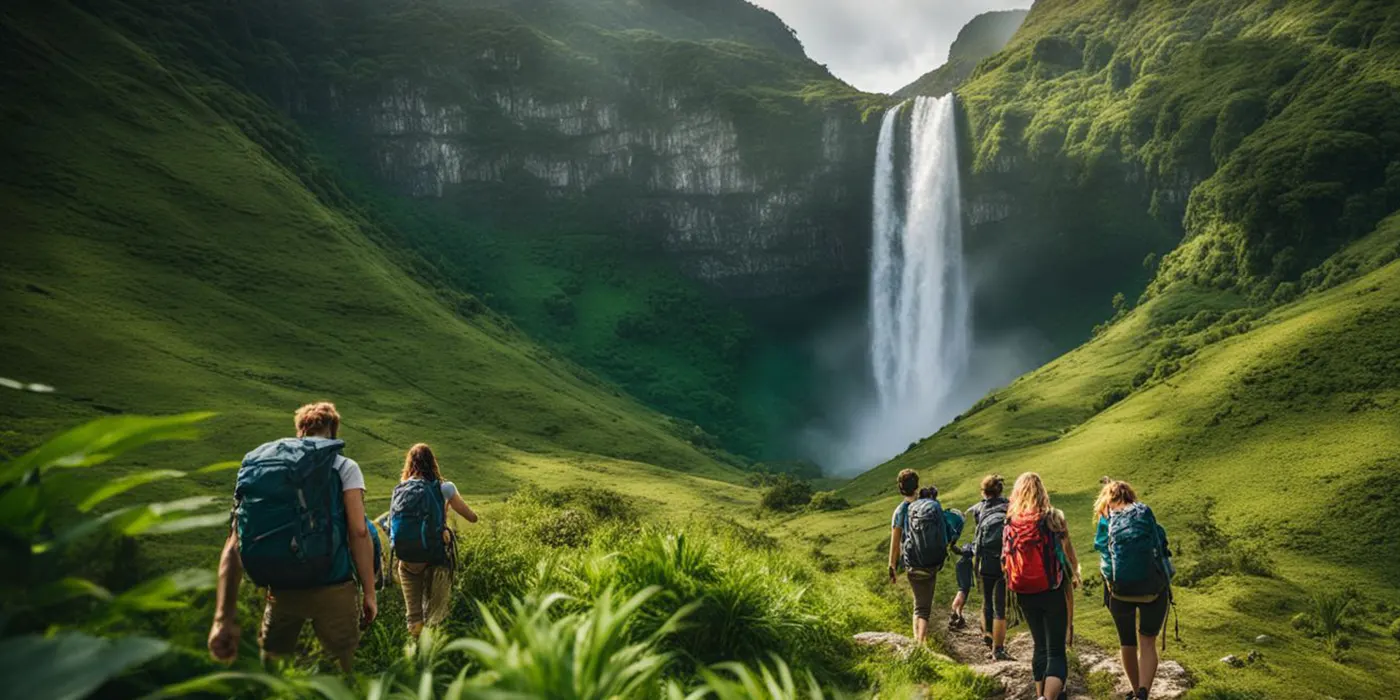
Sri Lanka is a diverse country with a wide range of attractions to offer everyone. Visitors can explore cultural cities like Kandy and Galle, embark on wildlife safaris in national parks like Yala, visit UNESCO World Heritage sites, savor delicious local cuisine, and meet the friendly people of Sri Lanka.
Whether you’re looking for a relaxing beach vacation or an adventurous safari experience, Sri Lanka’s natural beauty and rich culture will provide you with a lifetime of memories. Before you go, be sure to read Lanka Tour Experts’ comprehensive guide on how to plan a trip to Sri Lanka.
How to Get a Sri Lankan Visit Visa
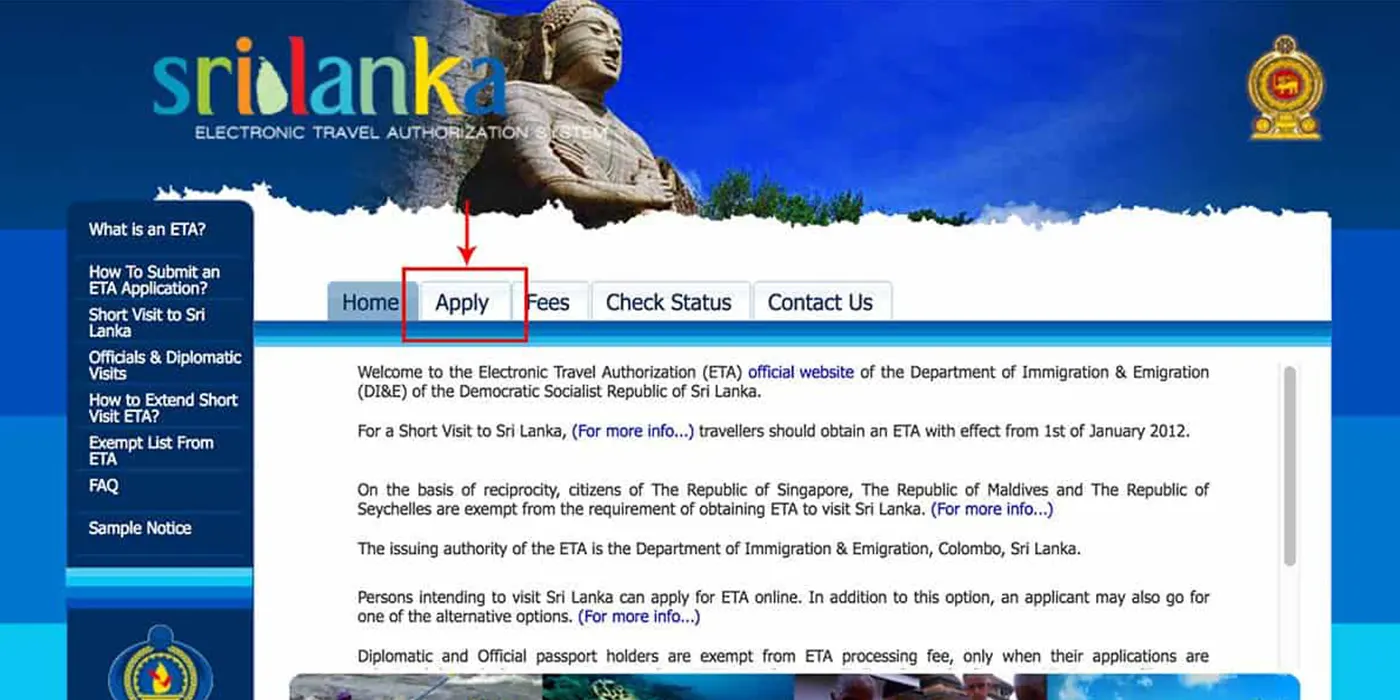
Most visitors to Sri Lanka require an Electronic Travel Authorization (ETA), which can be easily obtained online. Visitors from North America and many European countries are eligible for a Visa on Arrival (VOA), but this is not recommended due to long wait times and additional hassle.
To apply for an ETA, visit the Department of Immigration and Emigration website and follow the instructions. You will need to provide your passport information, travel dates, and other relevant details. The ETA fee is USD 35, payable online by credit or debit card.
If you are eligible for a VOA, you can apply upon arrival at Colombo International Airport (CMB) or Mattala Rajapaksa International Airport (HRI). The VOA fee is USD 50, payable in cash.
Please note that all visitors to Sri Lanka must have a valid passport with at least six months of validity remaining from the date of travel.
Sri Lankan Tourist Visa ETA Processing Fee (Online and On Arrival) in US$
| Methods of Submission of ETA Application. | South Asian Association for Regional Cooperation (SAARC) Countries | All Other Countries | Children of any nationality under 12 years of age | ||||
| Tourist visa with Double Entry for 30 days. | Business visa with Multiple Entry for 30 days. | Transit visa with Single Entry for 2 days. | Tourist visa with Double Entry for 30 days. | Business visa with Multiple Entry for 30 days. | Transit visa with Single Entry for 2 days | ||
| By the Applicant | US$ 20 | US$ 30 | Free | US$ 50 | US$ 55 | Free | Free |
| By Third party | US$ 20 | US$ 30 | Free | US$ 50 | US$ 55 | Free | Free |
| At Sri Lanka Overseas Missions | US$ 20 | US$ 30 | Free | US$ 50 | US$ 55 | Free | Free |
| At the head office of the Department of Immigration & Emigration, Colombo | US$ 20 | US$ 30 | Free | US$ 50 | US$ 55 | Free | Free |
| On arrival at the port of entry in Sri Lanka | US$ 25 | —— | Free | US$ 60 | —— | Free | Free |
Best time to visit Sri Lanka
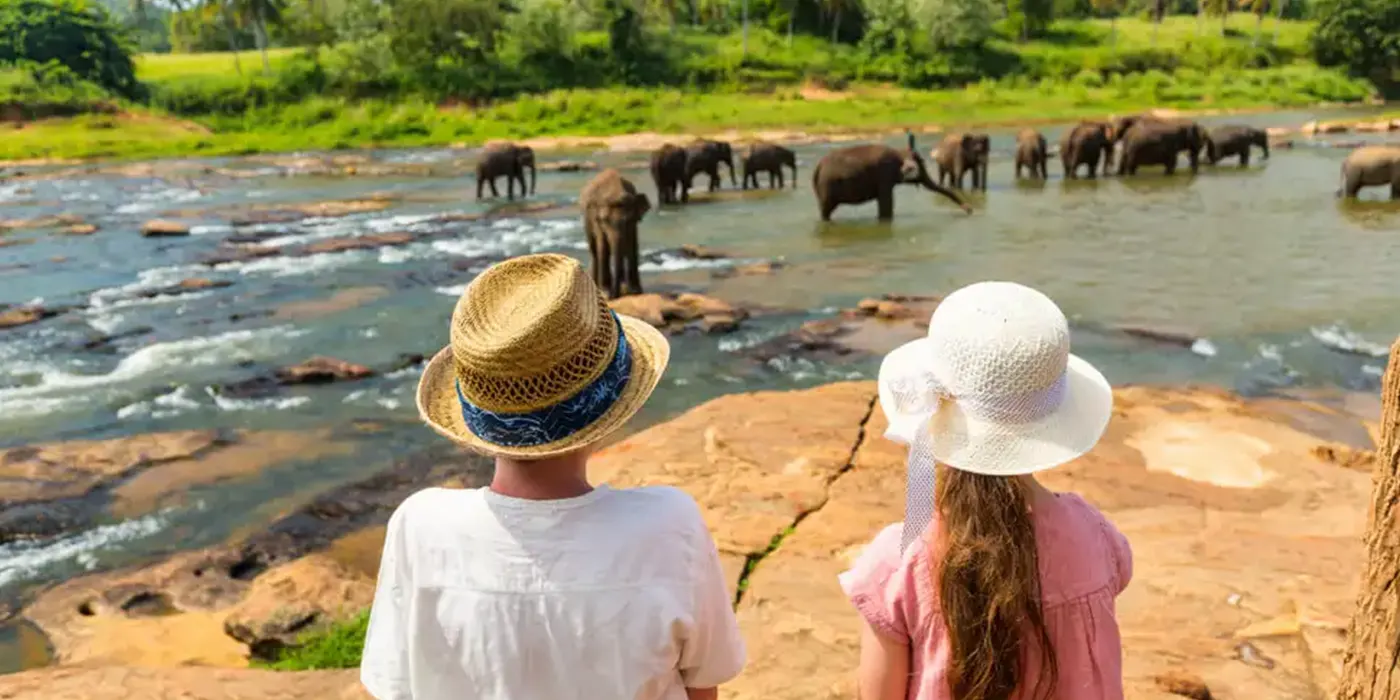
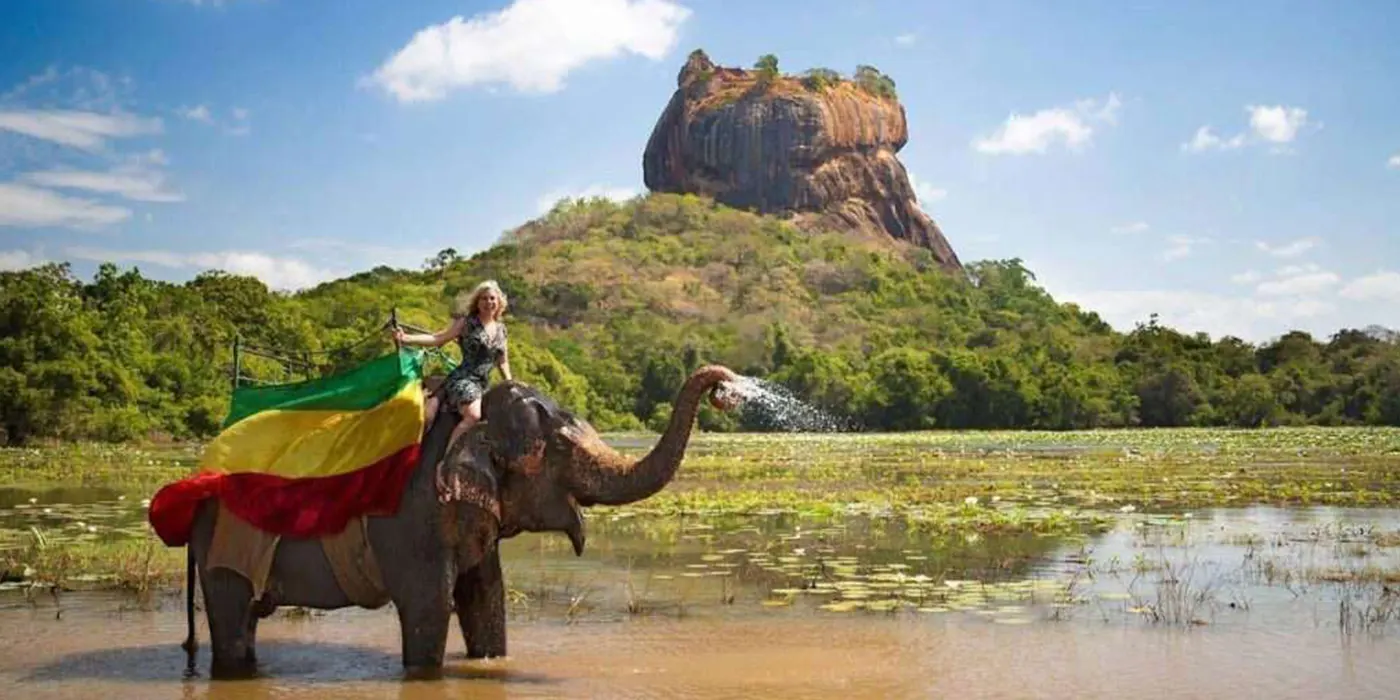
Explore Sri Lanka in 8 Days!
Our top-rated all-inclusive itinerary – includes transportation, services, and bed % breakfast hotels. Discover why it’s our bestselling journey! Click to Start Your Adventure!
Sri Lanka has two monsoon seasons, so the best time to visit depends on the region and activities you have planned. Here is a general overview:
Coastal Regions
- West and south coasts: December to April
- East coast: May to September
- These regions offer dry and sunny weather during their respective peak seasons, making them ideal for beach activities, water sports, and exploring coastal towns.
Hill Country
- December to March
- June to September
- The hill country experiences pleasant weather during these periods, with cooler temperatures and less rainfall. This is the best time to visit for tea plantation tours, hiking, and cultural activities.
Cultural Triangle
- April to September
- The Cultural Triangle is home to many of Sri Lanka’s most important ancient ruins and temples. This region is best visited during the dry season, when you can explore comfortably without having to worry about rain.
Wildlife Safaris
- February to October
- Wildlife safaris are best during the dry season, when animals are more active and congregate around water sources.
Whale Watching
- Mirissa: December to April
- Trincomalee: March to August
- The best time to spot whales and dolphins off the coast of Sri Lanka is during these periods.
Surfing
- Arugam Bay: May to September
- Hikkaduwa: November to March
- These months offer ideal wave conditions for surfers on the east and west coasts, respectively.
Kite Surfing
- May to October
- The northwest coast experiences strong and consistent winds during these months, making it perfect for kite surfing.
Please note that Sri Lanka’s climate can vary from year to year, so it’s always a good idea to check weather forecasts before planning your trip. Additionally, Sri Lanka celebrates various festivals and cultural events throughout the year, so you might want to align your visit with specific festivals if you’re interested in experiencing local culture and traditions.
Note: Avoid traveling to Sri Lanka during the Sinhalese and Tamil New Year celebrations, which typically take place in mid-April (13-15th). During this time, many businesses and attractions are closed, and transportation can be difficult to find.
Sri Lanka Travel Facts

Before planning your trip to Sri Lanka, it’s important to be aware of some key travel facts. Here are the most important facts about Sri Lanka:
- Location: Sri Lanka is an island country in South Asia, located in the Indian Ocean, just south of India.
- Capital: Sri Lanka’s capital city is Colombo, while Sri Jayawardenepura Kotte serves as the legislative capital.
- Languages: The official languages of Sri Lanka are Sinhala and Tamil, but English is widely spoken and used for official and commercial purposes.
- Currency: The Sri Lankan Rupee (LKR) is the official currency of Sri Lanka. Read >> Sri Lankan Currency: Everything You Need to Know About (LKR)
- Visa: Visa requirements vary depending on nationality, so it’s important to check the specific requirements for your nationality before traveling. Online tourist visas are often available in advance.
- Time Zone: Sri Lanka Standard Time (SLST) is 5 hours and 30 minutes ahead of Coordinated Universal Time (UTC+5:30).
- Weather: Sri Lanka has a tropical climate with two monsoon seasons: the southwest monsoon (Yala) from May to September and the northeast monsoon (Maha) from November to February. The best time to visit depends on the region you’re visiting, but the dry season from December to April is generally the most popular for travel.
- Transportation: Sri Lanka has a well-developed transportation network, including trains, buses, tuk-tuks, taxis, and domestic flights.
- Health and Safety: Before traveling to Sri Lanka, it is advisable to consult with a healthcare provider to discuss recommended vaccinations and health precautions. Sri Lanka is generally safe for tourists, but it is important to exercise common-sense safety measures, especially in crowded areas. Read >> Is Sri Lanka Safe To Visit Now?
- Cuisine: Sri Lankan cuisine is a diverse and flavorful mix of influences from India, Southeast Asia, and the Middle East. Rice and curry are staples, but there is a wide range of other delicious dishes to try, such as hoppers (bowl-shaped pancakes made with fermented rice flour and coconut milk), roti (flatbread), and seafood. Read >> What to eat and drink ? An Introduction to Sri Lankan Cuisine
- Cultural Etiquette: When visiting temples and religious sites, it is important to dress modestly, covering your shoulders and knees. It is also customary to remove your shoes before entering a temple. It is always polite to ask permission before taking photos of people.
- Currency Exchange: Currency exchange services are widely available at airports, banks, and authorized exchange offices. Credit and debit cards are widely accepted in larger cities and tourist areas.
- Voltage: Sri Lanka’s electrical supply operates at a standard voltage of 230 volts and a frequency of 50 hertz. The country uses two standard plug types: Type D and Type G.
Sri Lankan Currency: Rupee (LKR) Exchange Rates (Live Updating..)
| Currency | Exchange Rate |
|---|---|
| US Dollar to Sri Lankan Rupees | |
| Pounds Sterling to Sri Lankan Rupees | |
| Euro to Sri Lankan Rupees | |
| Australian Dollar to Sri Lankan Rupees | |
| Canadian Dollar to Sri Lankan Rupees | |
| New Zealand Dollar to Sri Lankan Rupees | |
| Singapore Dollar Dollar to Sri Lankan Rupees | |
| Russian Ruble Dollar to Sri Lankan Rupees | |
| Chinese Yuan to Sri Lankan Rupees | |
| Japanese Yen to Sri Lankan Rupees | |
| UAE Dirham to Sri Lankan Rupees |
Festivals of Sri Lanka
Sri Lanka is a multicultural country with a diverse range of religious and cultural traditions. This is reflected in the country’s many festivals, which celebrate the rich heritage of its people. Some of the most significant festivals in Sri Lanka include:
Sinhala and Tamil New Year
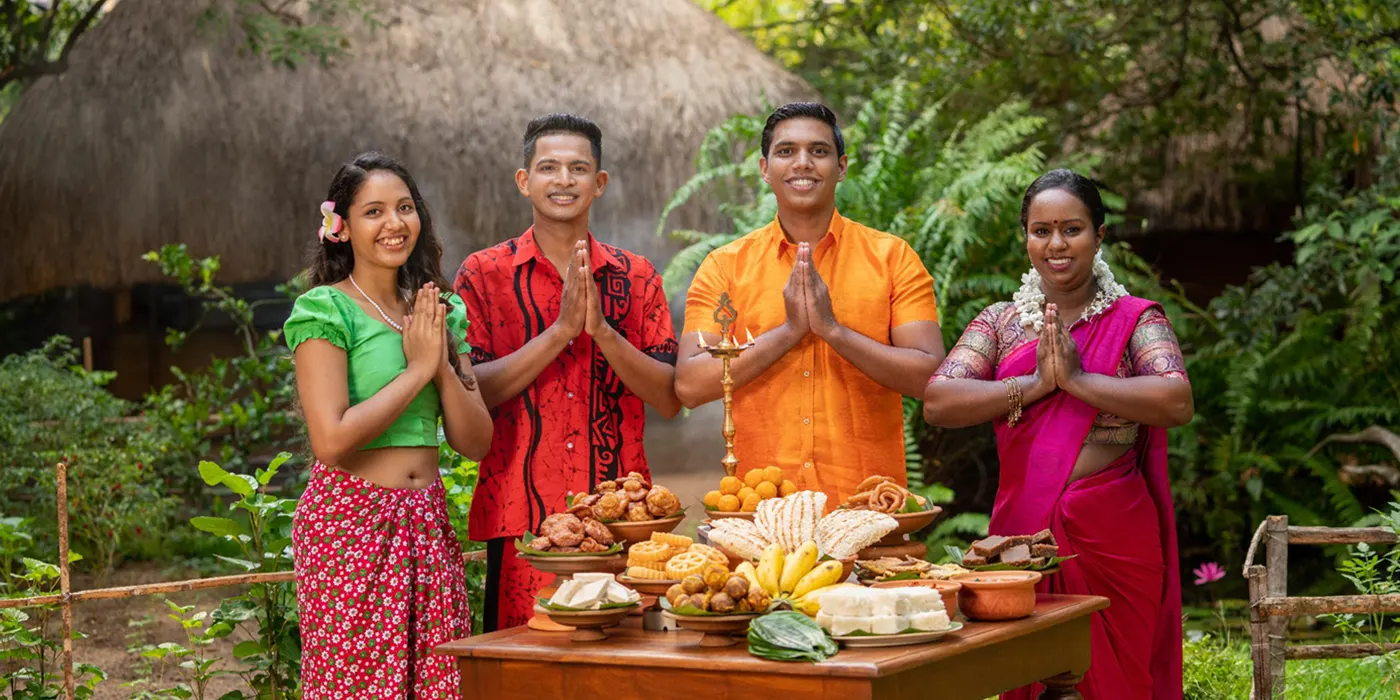
- Significance: The Sinhala and Tamil New Year is a major holiday in Sri Lanka that marks the beginning of a new year according to the traditional calendars of both cultures. It is celebrated during the harvest season, when the sun moves from the zodiac sign Pisces to Aries. The festival is a time for people to come together and celebrate the new year with family and friends, and to reflect on the past year and look forward to the future.
- Region: The Sinhala and Tamil New Year is celebrated throughout Sri Lanka, regardless of ethnicity or religion. It is a national holiday and is observed by people of all backgrounds.
- Date: The Sinhala and Tamil New Year is celebrated on April 13th or 14th each year, depending on the sighting of the new moon.
Vesak Festival
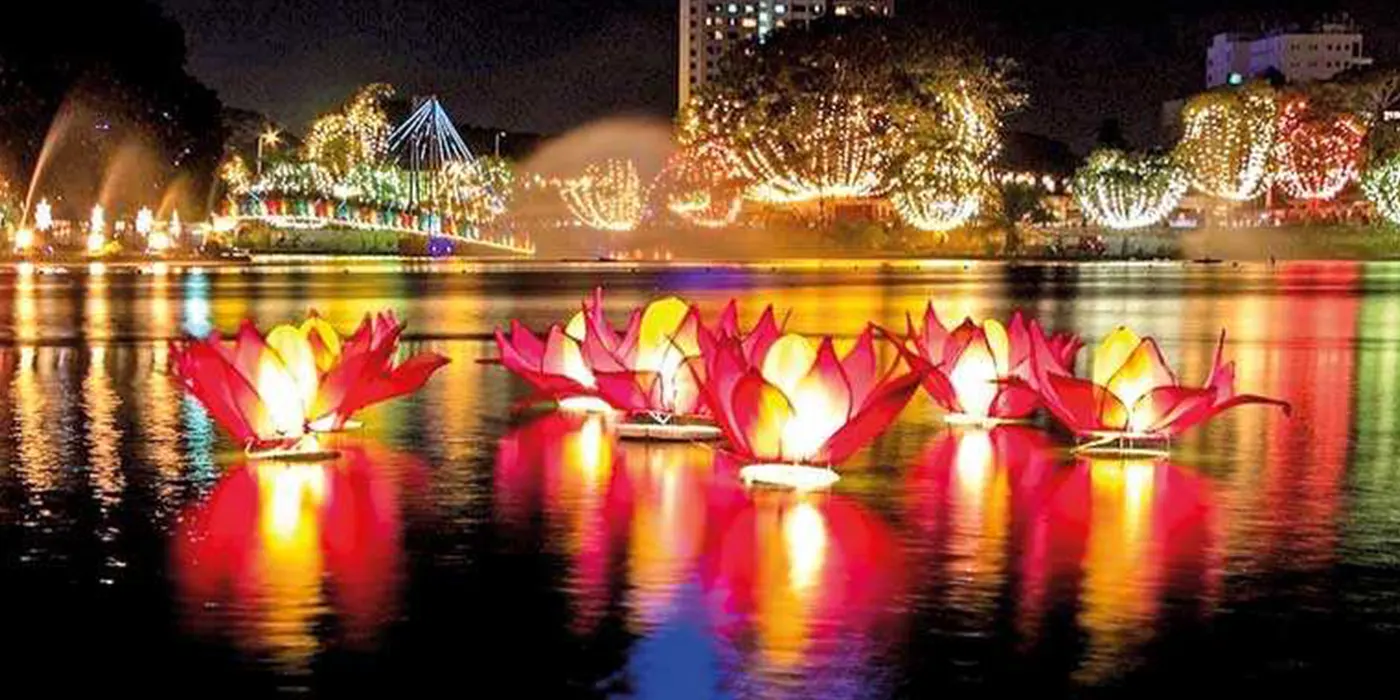
- Significance: Vesak is the most important Buddhist festival in Sri Lanka. It commemorates the birth, enlightenment, and death of the Buddha. On Vesak day, devotees light lanterns and visit temples to offer prayers and pay homage to the Buddha.
- Region: Vesak is celebrated nationwide in Sri Lanka, but the most significant observances are in the capital city of Colombo and the cultural capital of Kandy.
- Date: Vesak is celebrated on the full moon day in May, which varies each year.
Poson Poya
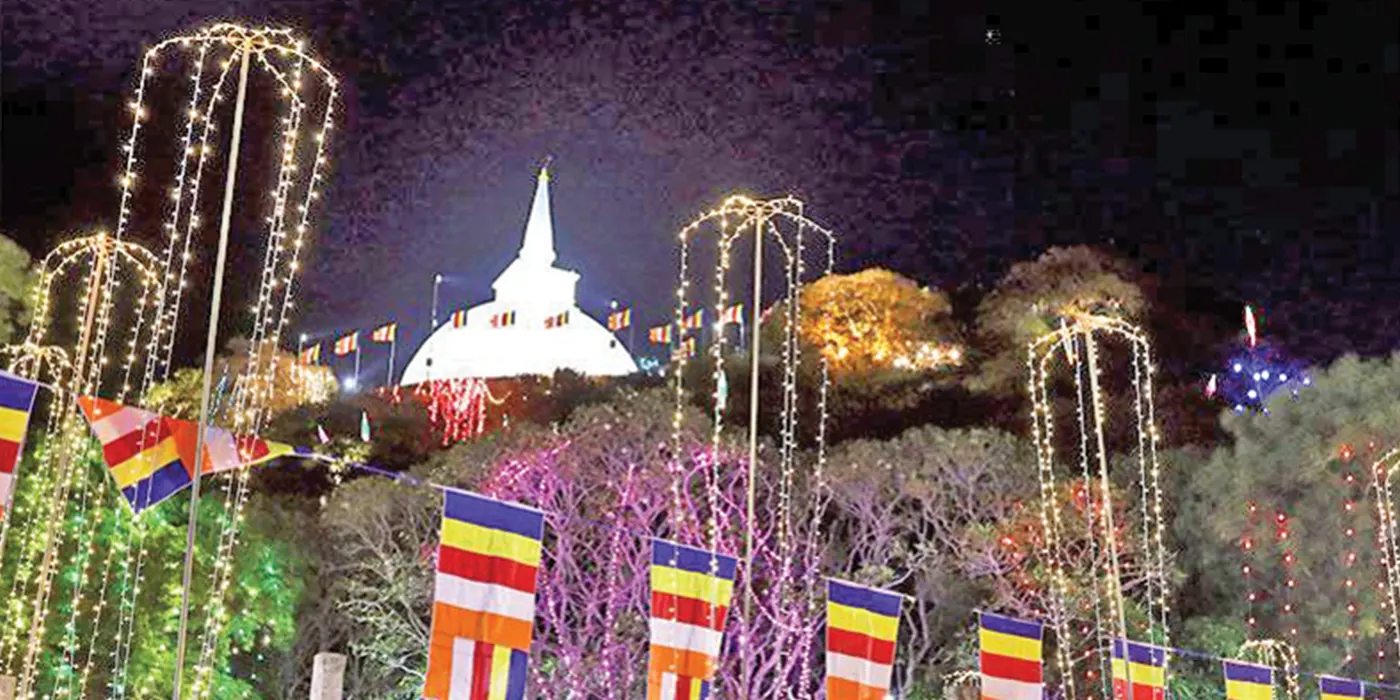
- Significance: Poson is a Buddhist festival that celebrates the introduction of Buddhism to Sri Lanka by the monk Arahat Mahinda in the 3rd century BC. On Poson day, devotees visit the ancient city of Anuradhapura, where Mahinda first preached the Buddha’s teachings to the Sri Lankan king Devanampiyatissa.
- Region: Poson is mainly celebrated in the ancient city of Anuradhapura and the sacred mountain of Mihintale.
- Date: Poson is celebrated in June, on the full moon day, which varies each year.
Kataragama Esala Festival
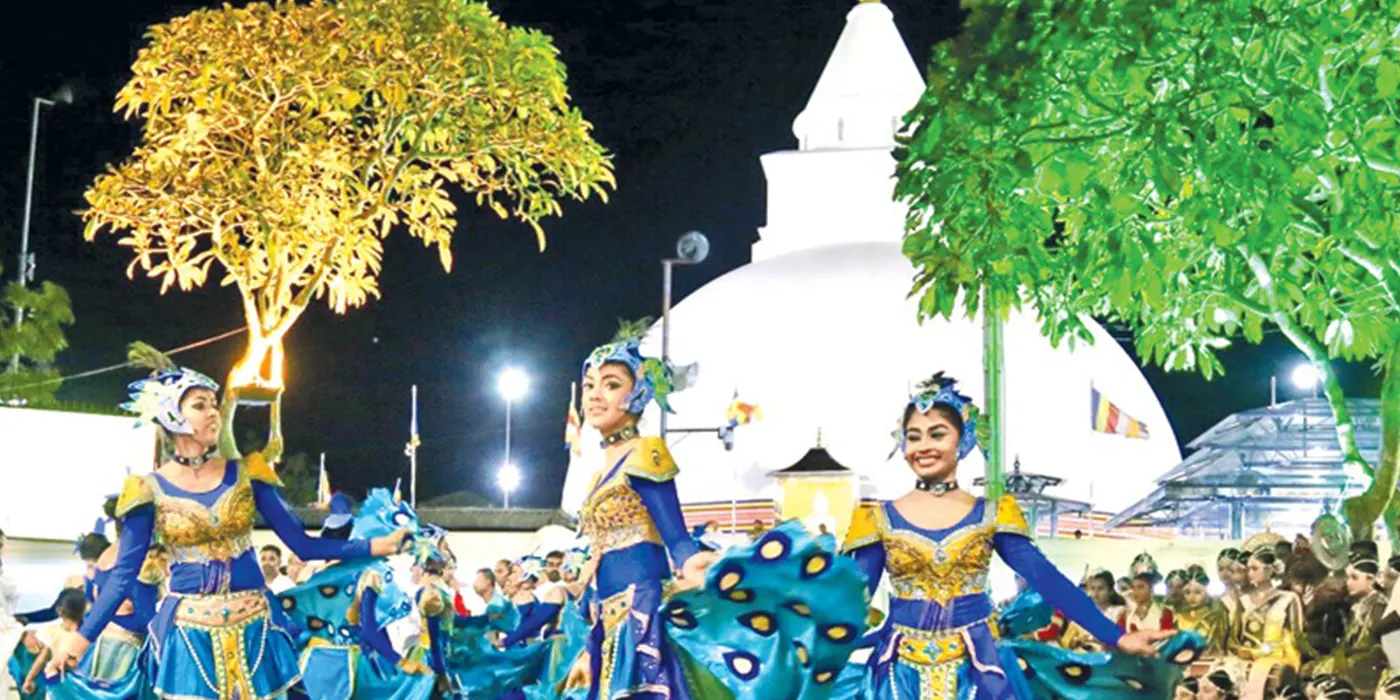
- Significance: The Kataragama Festival is a multi-religious festival that celebrates Lord Kataragama, a deity worshipped by Hindus, Buddhists, and Muslims. The festival is known for its fire-walking rituals and processions, which attract devotees from all over Sri Lanka.
- Region: The Kataragama Festival is celebrated in the town of Kataragama, in the south of Sri Lanka.
- Date: The Kataragama Festival is celebrated on the full moon day of the Sinhala month of Esala, which typically falls in July or August. The precise date of the festival varies annually.
Esala Perahera (Kandy Festival)
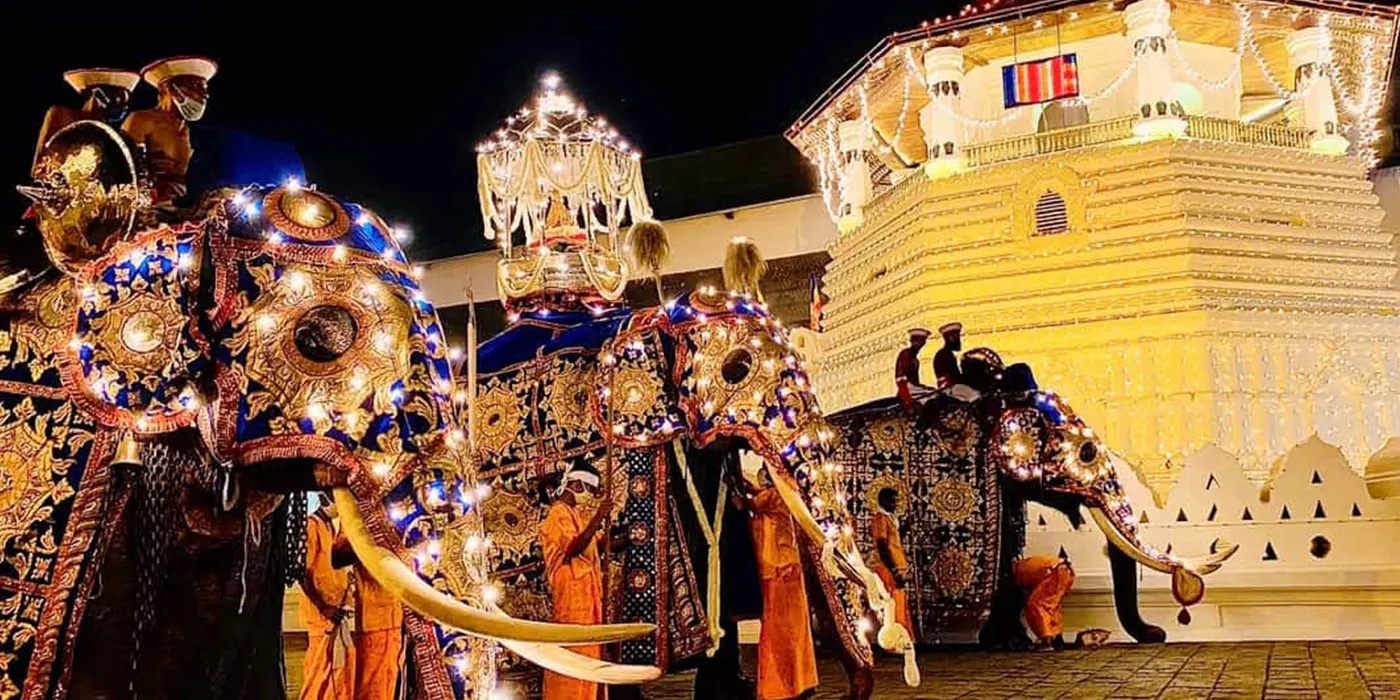
- Significance: The Kandy Esala Perahera is a grand religious and cultural procession that celebrates the Sacred Tooth Relic of the Buddha. The festival features traditional dancers, drummers, and elephants carrying sacred relics through the streets of Kandy.
- Region: The Kandy Esala Perahera is celebrated in Kandy, the capital of the Central Province of Sri Lanka.
- Date: The Kandy Esala Perahera is celebrated in July or August, over a period of ten nights. The exact date of the festival varies each year, but it always coincides with the full moon day of the Sinhala month of Esala.
Kandy Esala Perahera: A Guide to Experiencing Sri Lanka’s Famous Festival
Deepavali (Diwali)
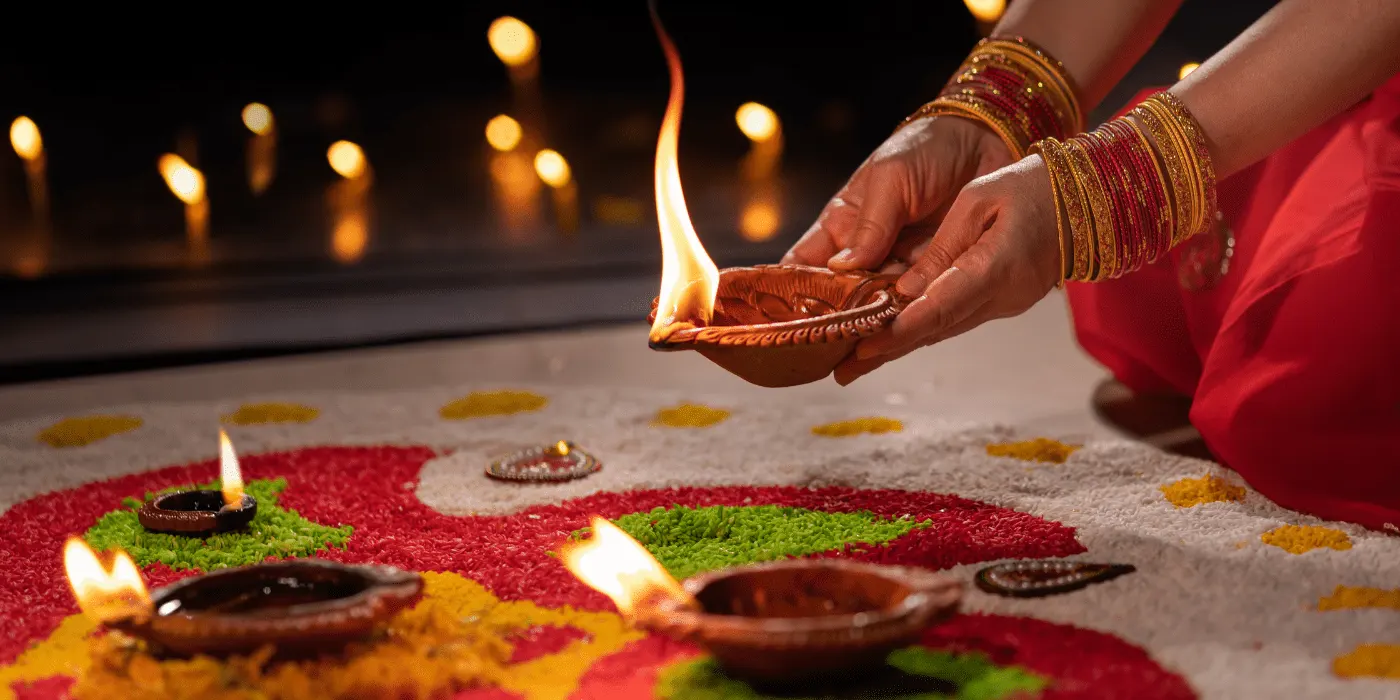
- Significance: Deepavali, also known as Diwali, is a Hindu festival of lights that celebrates the triumph of good over evil and light over darkness. It is one of the most important festivals in Hinduism and is celebrated by Tamil communities across Sri Lanka.
- Region: Deepavali is celebrated by Tamils all over Sri Lanka, regardless of their socioeconomic status or location.
- Date: Deepavali is celebrated on the darkest night of the Hindu lunar month Kartika, which typically falls in October or November. The date of Deepavali varies annually because it is celebrated on the darkest night of the Hindu lunar month Kartika.
Christmas
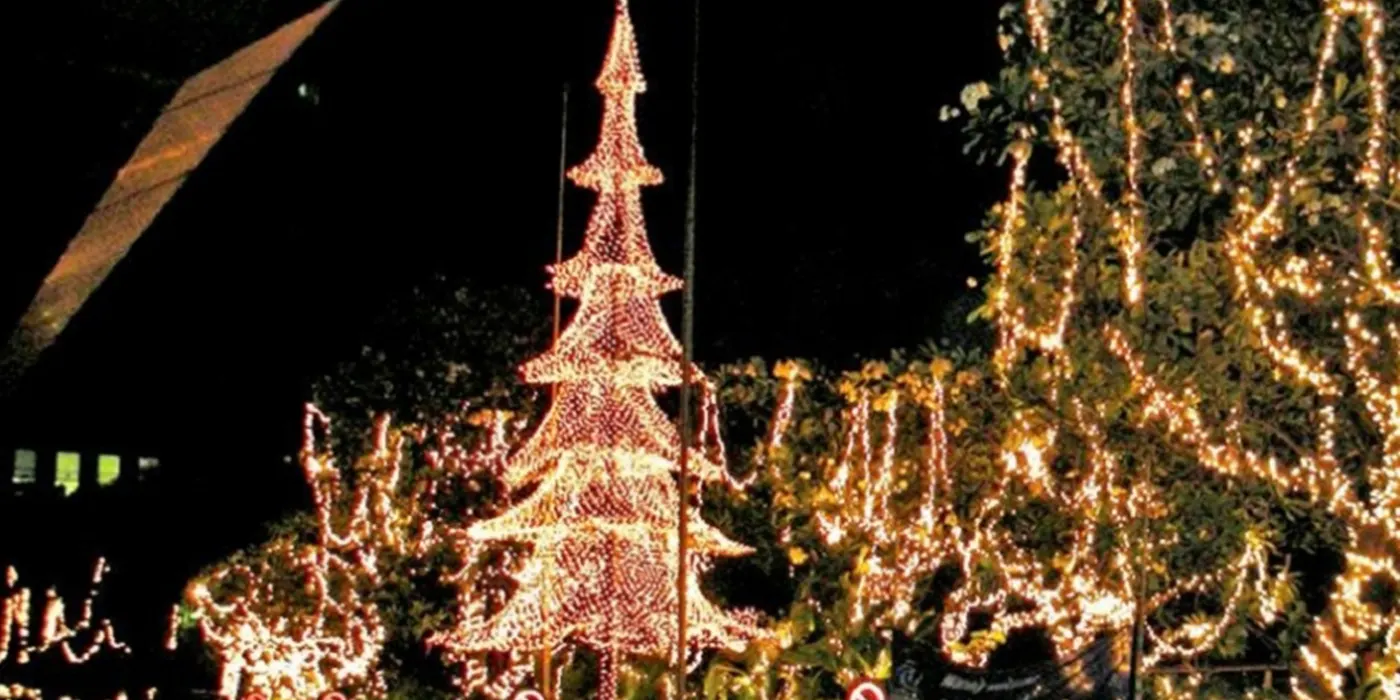
- Significance: Christmas is a Christian festival that celebrates the birth of Jesus Christ. It is a festive time marked by church services, feasts, and the exchange of gifts.
- Region: Christmas is celebrated by Christian communities across Sri Lanka.
- Date: Christmas is celebrated on December 25th.
Eid al-Fitr
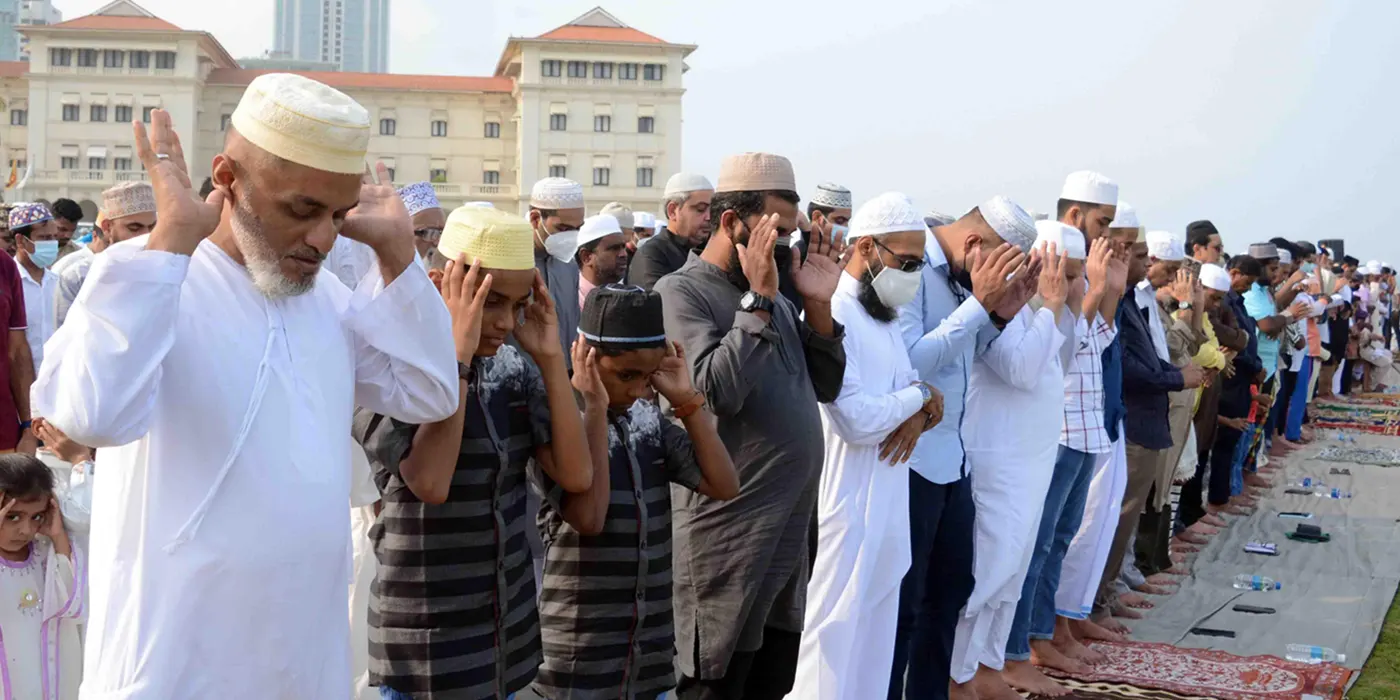
- Significance: Eid al-Fitr is a Muslim festival that marks the end of the Islamic month of Ramadan, a month of fasting and spiritual reflection. It is a time for celebration, with families and communities coming together to feast, pray, and give to the less fortunate.
- Region: Eid al-Fitr is celebrated by Muslim communities across Sri Lanka, regardless of their ethnic or socioeconomic background.
- Date: Eid al-Fitr is celebrated on the first day of the Islamic month of Shawwal, which varies each year based on the lunar calendar.
Top 10 Sri Lanka Travel Places
Sri Lanka offers a wealth of beautiful and culturally rich destinations to explore. Here are the top 10 travel places to visit in Sri Lanka, keeping in mind all safety guidelines:
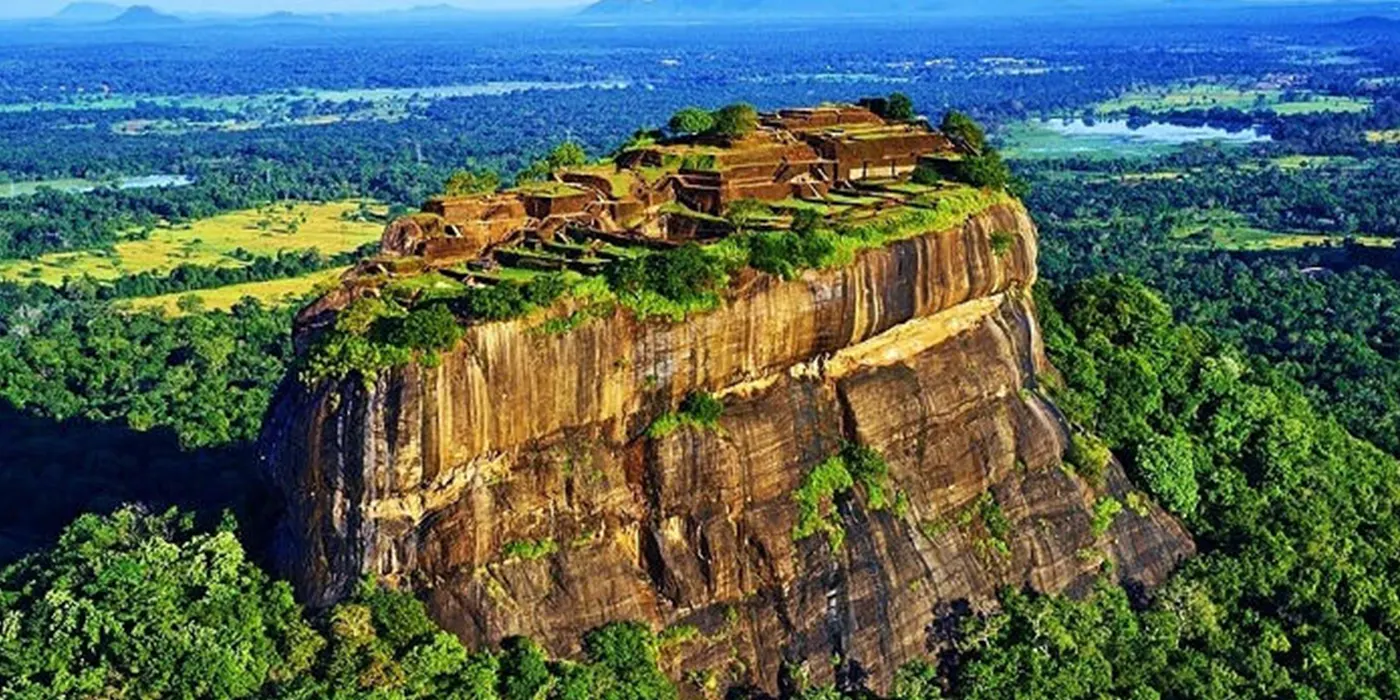
Sigiriya: Sigiriya Rock Fortress, a UNESCO World Heritage site, is a must-visit for any traveler to Sri Lanka. Its ancient ruins and breathtaking views from the summit make it one of the most popular tourist attractions in the country. Visitors should be prepared for a challenging climb, so be sure to wear comfortable shoes and bring plenty of water, especially if visiting during the hot season.
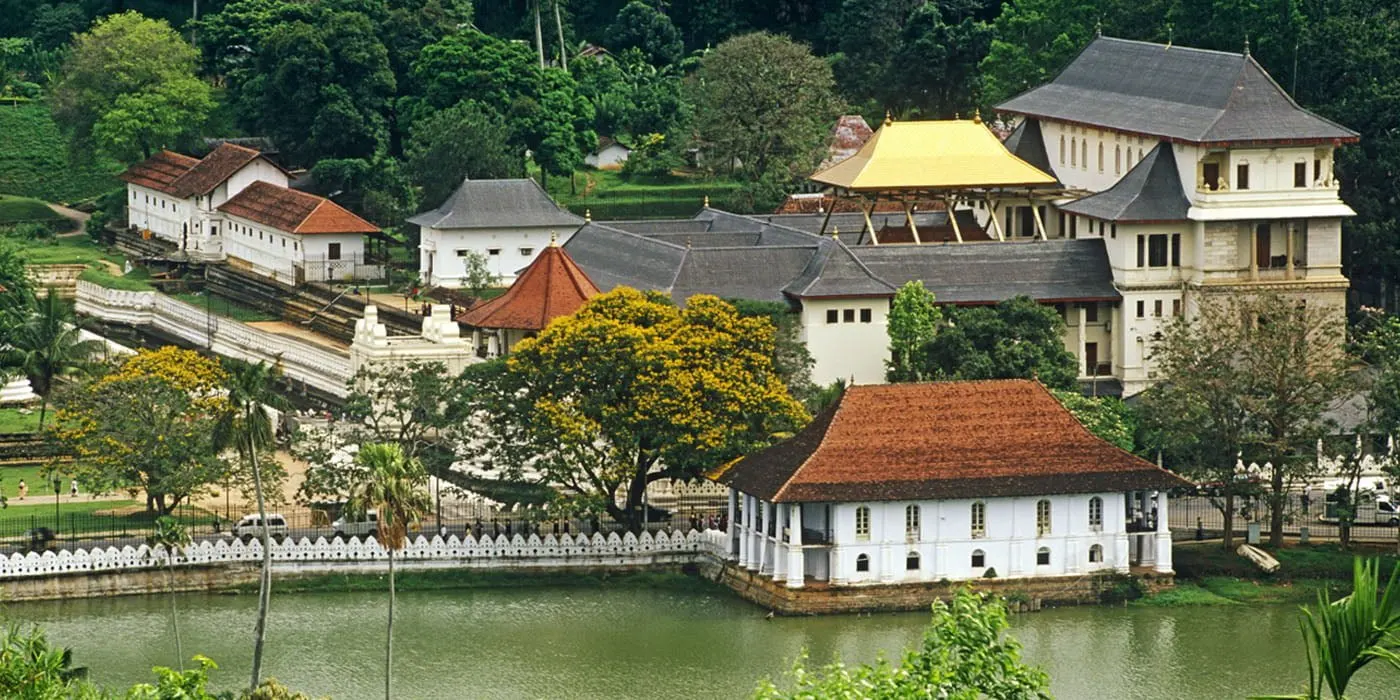
Kandy: Kandy, the cultural capital of Sri Lanka, is home to two of the country’s most sacred sites: the Temple of the Tooth and Kandy Lake. Visitors should be mindful of religious customs and dress modestly when visiting temples.
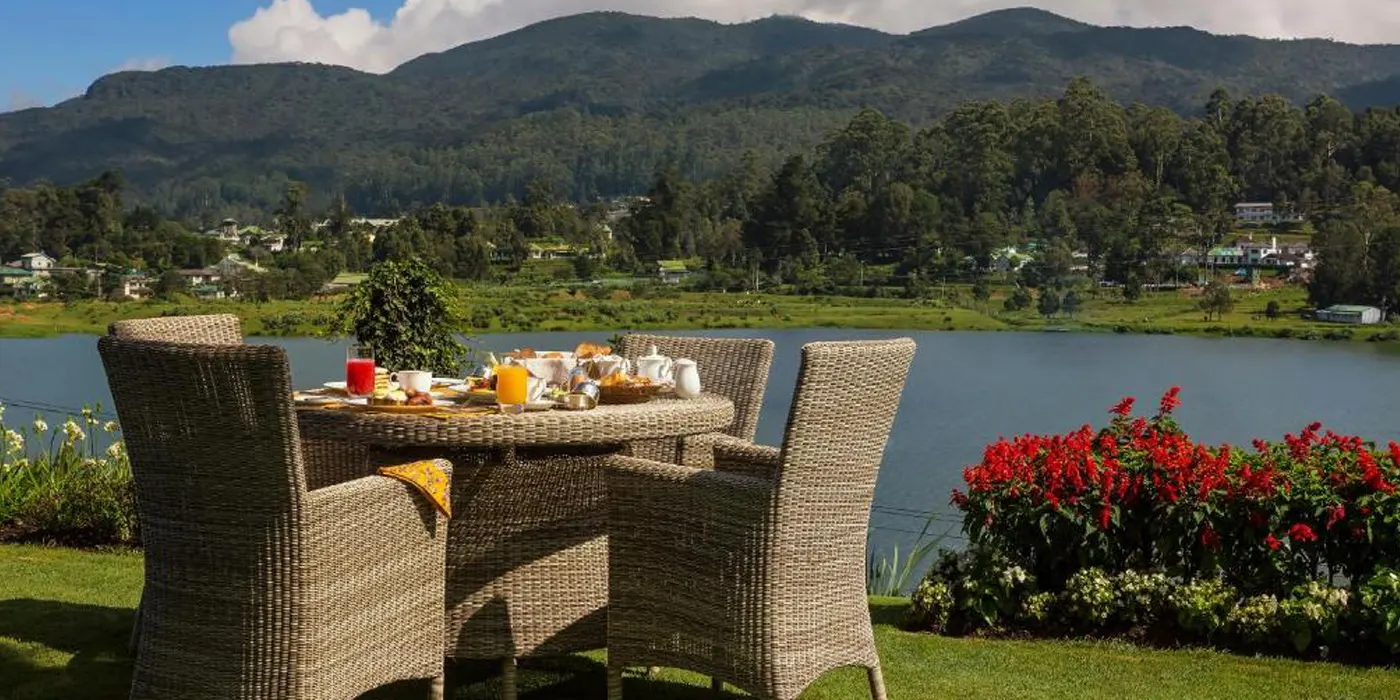
Nuwara Eliya: Experience the “Little England” of Sri Lanka, famous for its tea plantations, cool climate, and picturesque landscapes. Be sure to try some of the local tea and visit a tea factory to learn more about the production process.
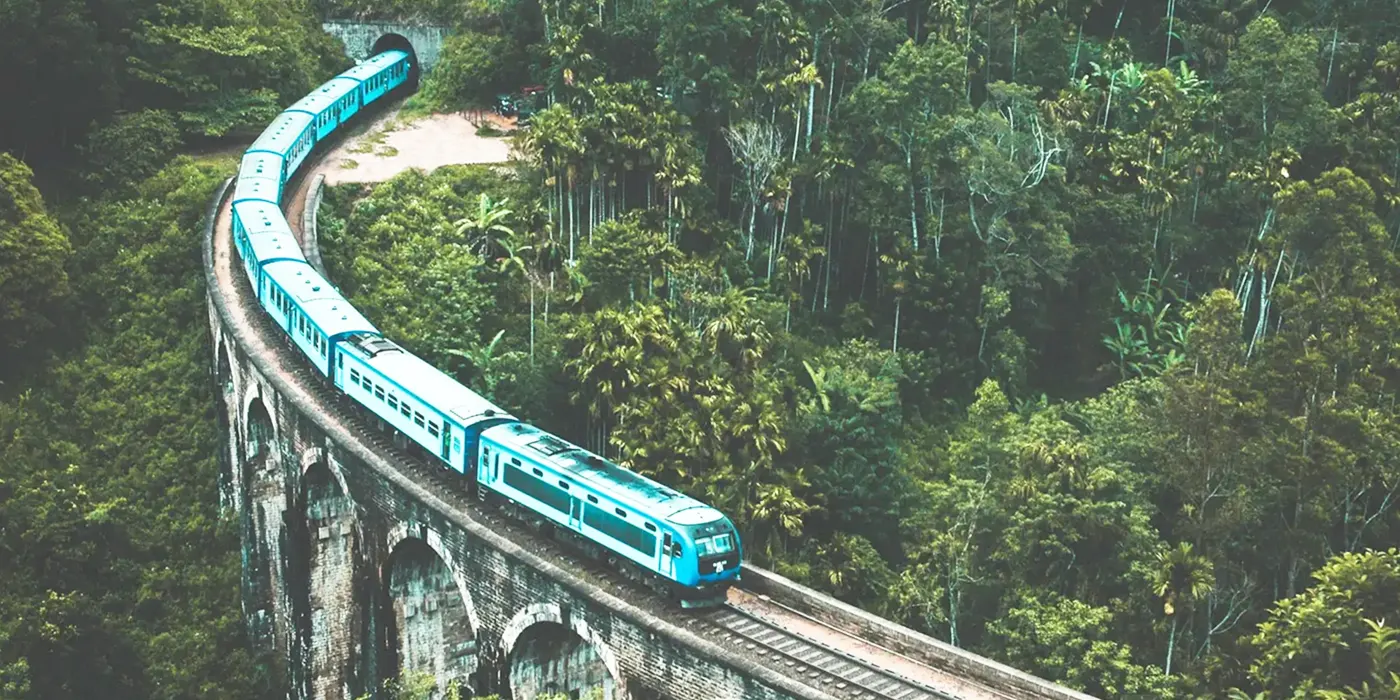
Ella: Ella, a charming town surrounded by lush greenery, is a popular destination for hiking, including to the famous Nine Arch Bridge. Be sure to wear appropriate footwear and be aware of your surroundings on the trails.
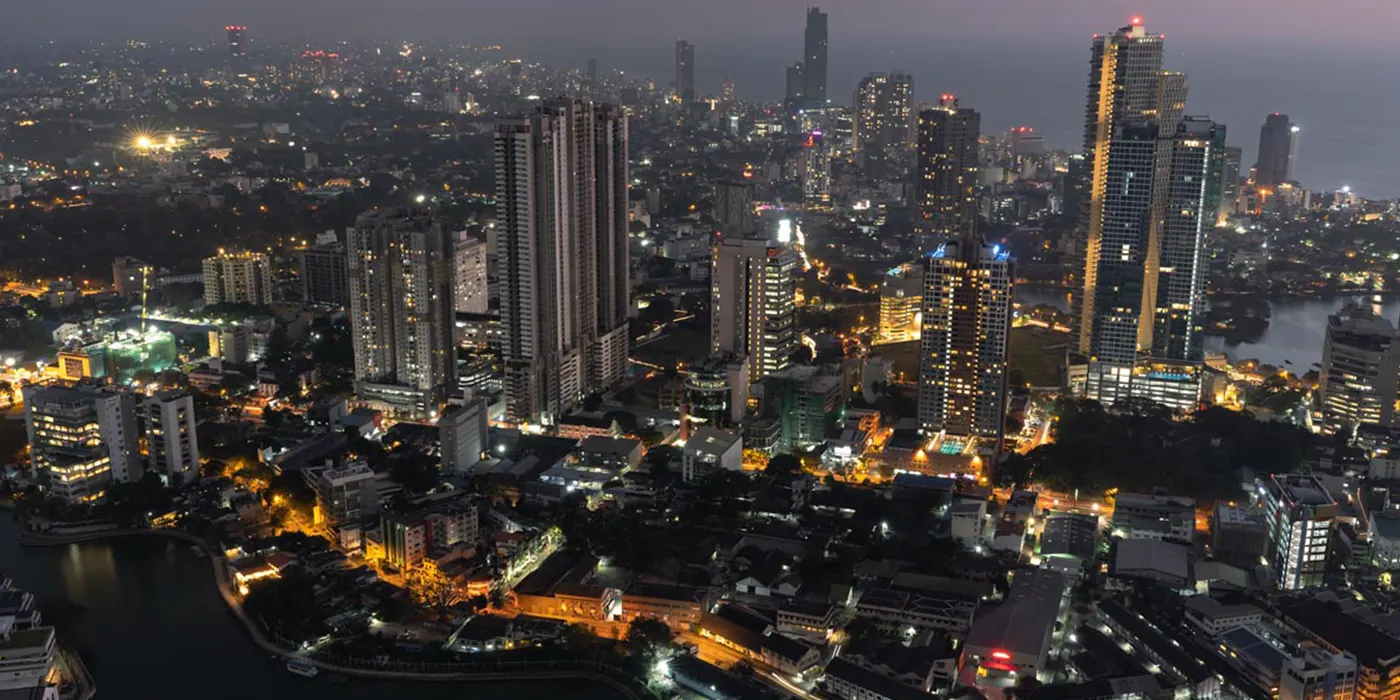
Colombo: Colombo, Sri Lanka’s vibrant capital city, is a melting pot of modern and colonial architecture, bustling markets, and rich cultural attractions. While exploring, be mindful of your surroundings in crowded areas and take precautions to avoid petty theft.
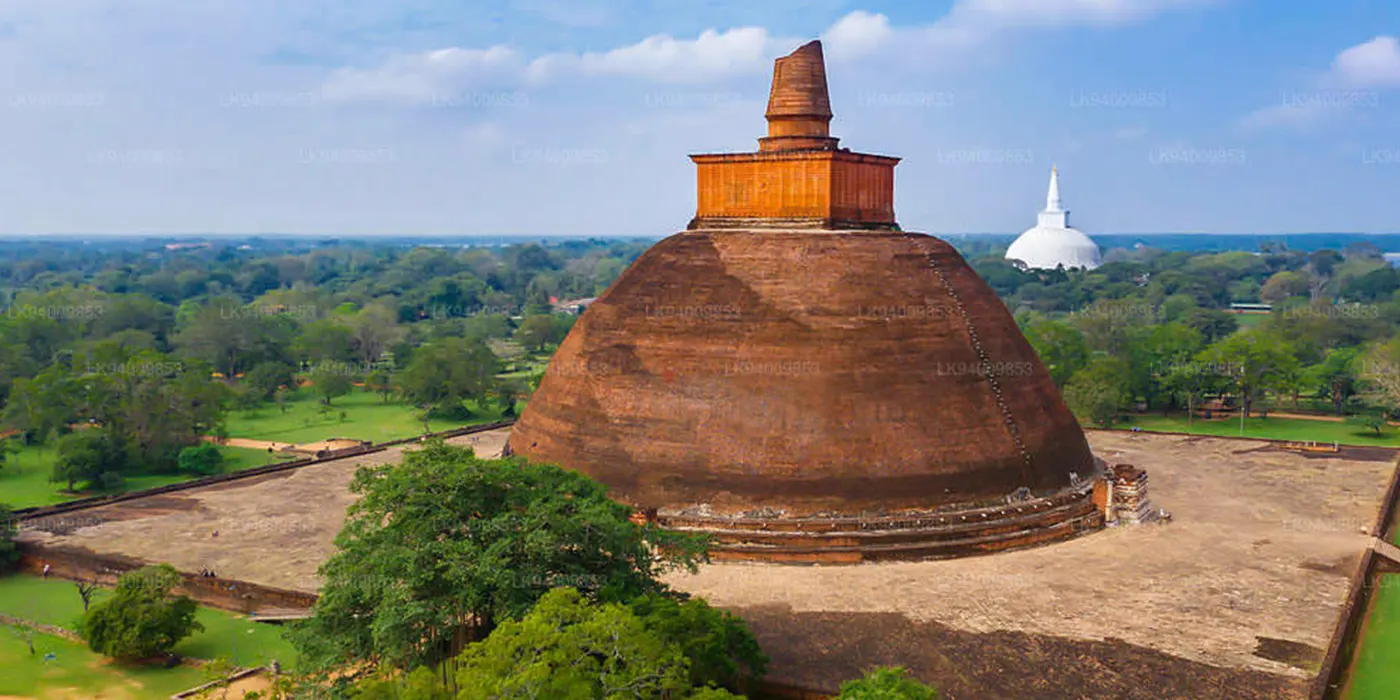
Anuradhapura: Anuradhapura, a UNESCO World Heritage Site, is a sacred city with a rich history and stunning ruins. Visitors should be respectful of Buddhist customs and dress modestly when visiting temples.
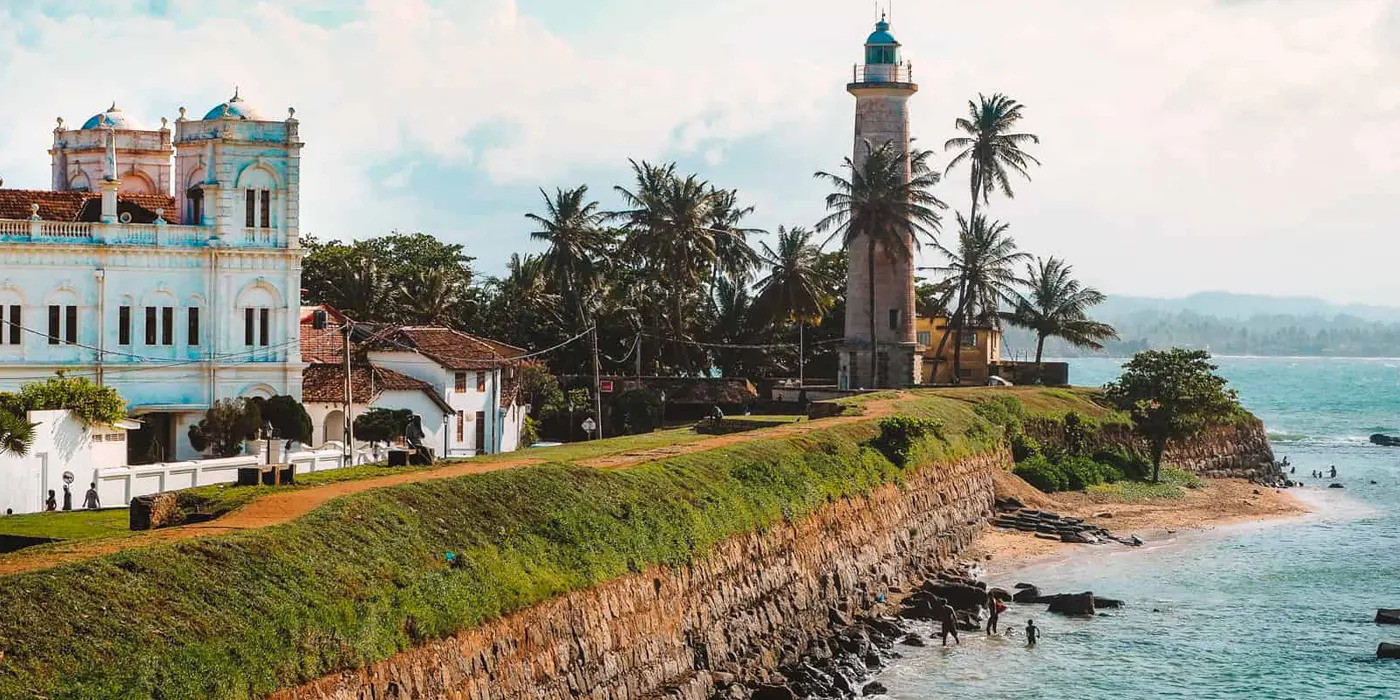
Galle: Galle Fort, a UNESCO World Heritage Site, is a charming town with well-preserved cobblestone streets and colonial-era architecture. Wander through its atmospheric streets and soak up the history and culture. Be mindful of your surroundings, especially at night, and take precautions to avoid petty theft.

Yala National Park: Embark on a wildlife safari in Yala National Park, where you can spot leopards, elephants, sloth bears, and a variety of bird species. Be sure to book your safari with a reputable tour operator and follow all safety instructions.
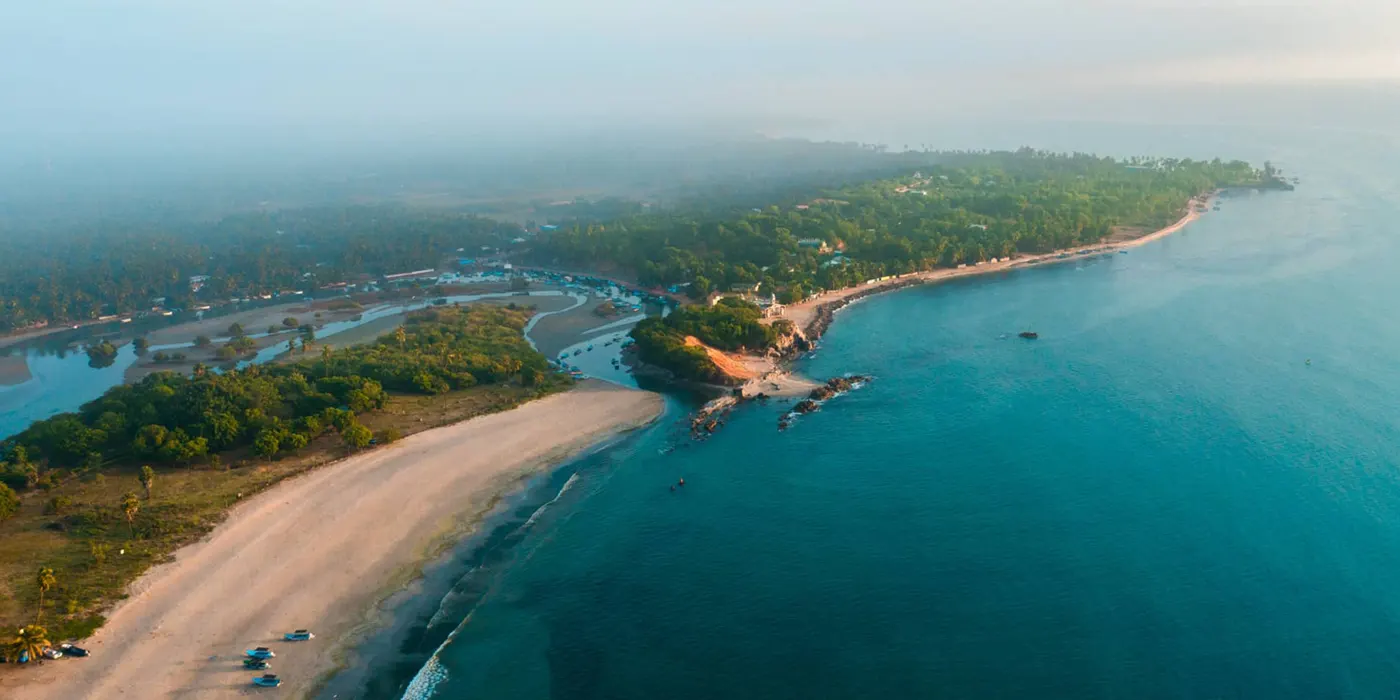
Trincomalee: Trincomalee, with its pristine beaches and clear waters, is a paradise for water sports and relaxation. Enjoy swimming, snorkeling, and other aquatic activities, but be aware of the tides and currents. And don’t forget to wear sunscreen and protective clothing to shield yourself from the sun.
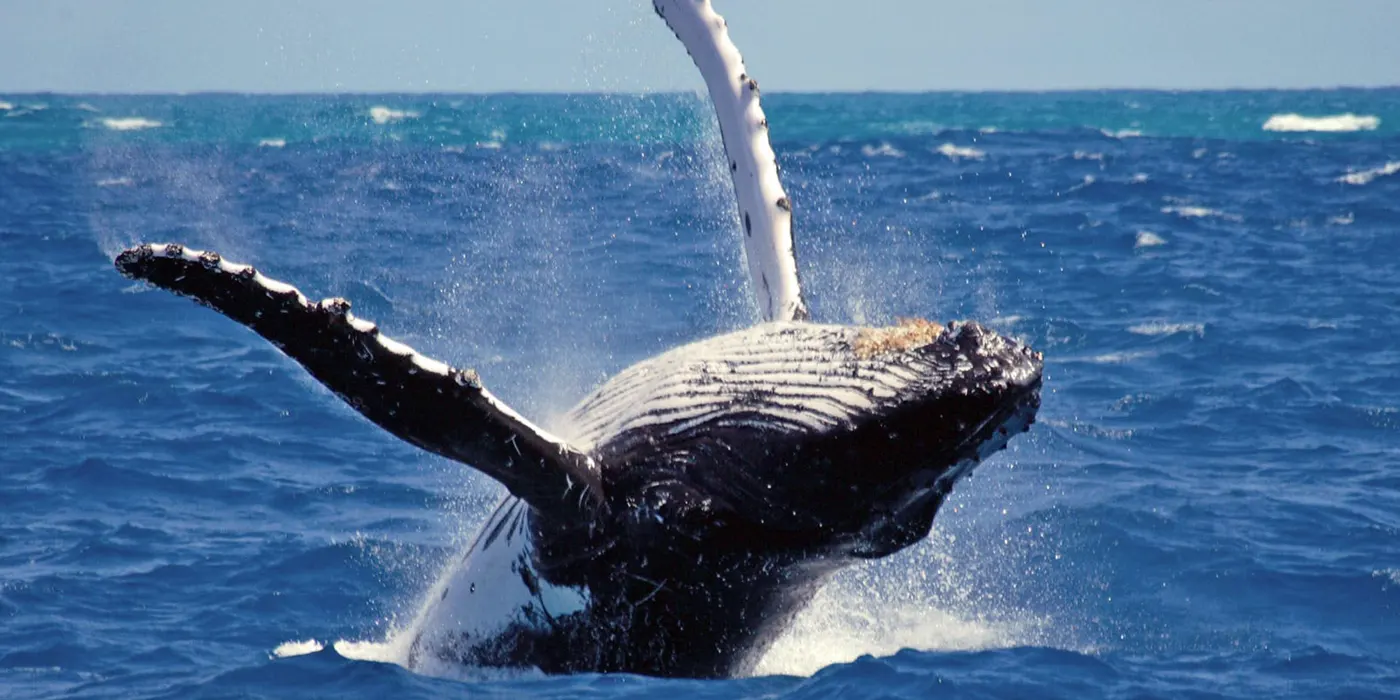
Mirissa: Relax on the golden beaches of Mirissa and consider embarking on a whale-watching tour to spot these majestic creatures. Be sure to book your tour with a reputable operator and adhere to all safety instructions.
These destinations offer a diverse range of experiences, from cultural and historical exploration to wildlife encounters and natural beauty, ensuring an unforgettable journey through Sri Lanka. Be sure to keep safety in mind at all times and follow the tips above to have a safe and enjoyable trip.
Benefits of Hiring a Tour Operator
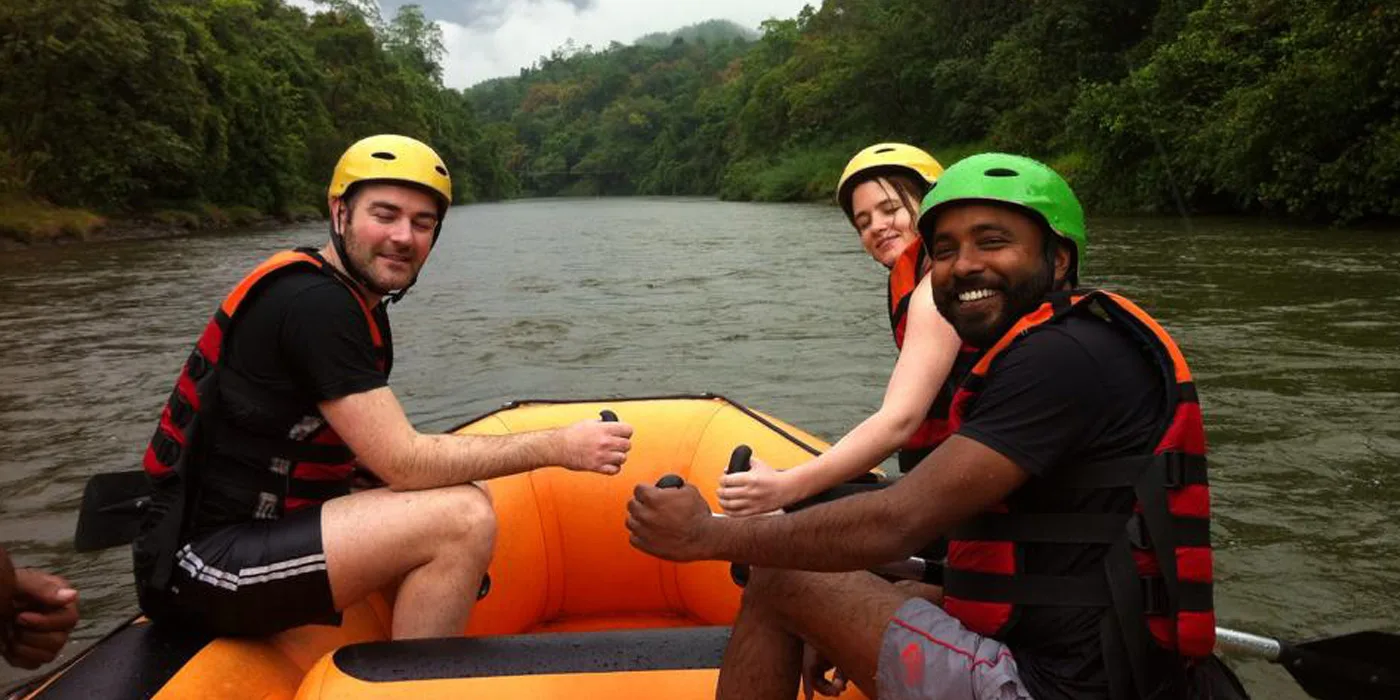
Hiring a tour operator can take the hassle out of travel planning and give you peace of mind knowing that all the details are taken care of. They can help you create a customized itinerary based on your interests and budget, and they can arrange everything from accommodations and transportation to guided tours and activities.
Tour operators have a deep understanding of the destinations they offer, and they can give you insights into hidden gems and local customs that you might not otherwise be aware of. They can also provide emergency support if needed, ensuring that you have a safe and enjoyable Sri Lanka trip.
Here are some of the specific benefits of hiring a tour operator:
- Expert itinerary planning: Tour operators can create a personalized itinerary that meets your interests, budget, and time constraints. They can also recommend activities and attractions that you might not have considered on your own.
- Hassle-free logistics: Tour operators take care of all the logistical details of your trip, from booking flights and hotels to arranging transportation and activities. This saves you time and energy, so you can focus on enjoying your vacation.
- Local insights: Tour operators have extensive knowledge of the destinations they offer, and they can share insights into local customs, culture, and history. They can also recommend hidden gems and off-the-beaten-path experiences that you might not otherwise find.
- Safety and support: Tour operators can provide emergency support if needed, and they can help you navigate any unexpected challenges that may arise during your trip.
Overall, hiring a tour operator can be a great way to save time and hassle, and to ensure that you have a safe and enjoyable trip.
Why Choose Lanka Tour Experts as Your Tour Partner in Sri Lanka?

Lanka Tour Experts is the premier travel agency in Sri Lanka, committed to providing you with the journey of a lifetime. Our team of experienced and knowledgeable travel consultants has a deep understanding of Sri Lanka, from its rich history and vibrant culture to its stunning natural beauty. We work closely with our clients to create personalized itineraries that meet their specific interests and budget.
At Lanka Tour Experts, we believe that every traveler deserves personalized attention. We take the time to get to know our clients and their needs, and we work every step of the way to create a travel experience that exceeds their expectations. We are always available to answer questions and provide support, both before, during, and after your trip.
We are passionate about travel, and our team loves sharing our knowledge and insights with our clients. We want you to have the most memorable and enjoyable travel experience possible, and we will go above and beyond to make it happen.
If you are looking for a trusted and experienced tour partner for your trip to Sri Lanka, then Lanka Tour Experts is the perfect choice for you. We will help you create and execute a personalized itinerary that will allow you to experience the best of what Sri Lanka has to offer. Click here to contact us.
Book your trip to Sri Lanka with Lanka Tour Experts today and experience the best of what this amazing country has to offer!
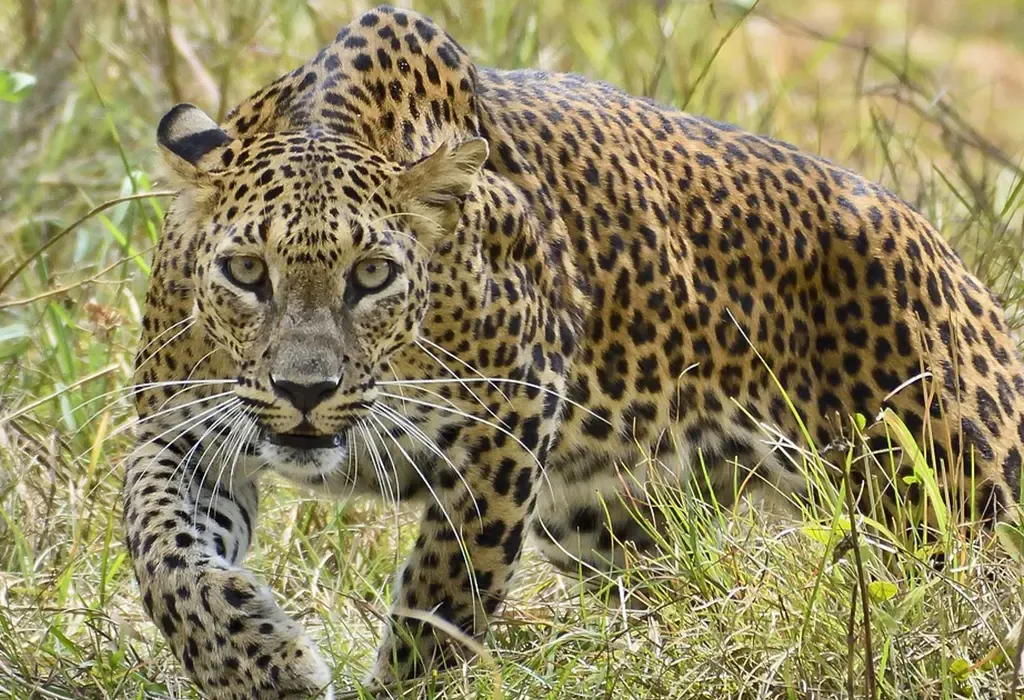
Sri Lanka Tour Packages
Our Sri Lanka tour packages offer the perfect way to explore this beautiful island. We have a variety of packages to choose from, so you can find one that fits your interests and budget. We can also create a custom itinerary for you.
Best Rated & Underrated Tourist Destinations
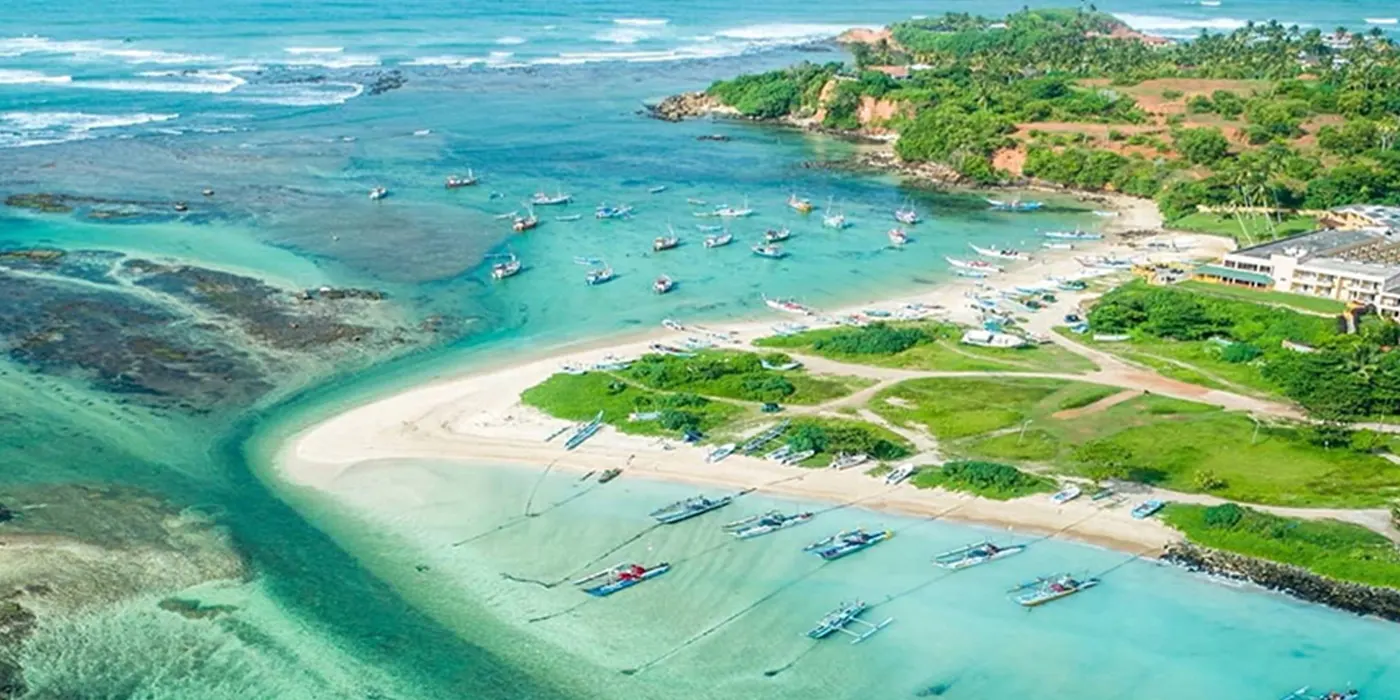
Weligama is a fishing town located on the southern coast of Sri Lanka, about 143 kilometers from Colombo. It is known for its beautiful beach, stilt fishermen, and offshore islet known as Taprobane…

Ratnapura is the capital of the Sabaragamuwa Province in Sri Lanka. It is known as the “Gem City” because it is the center of Sri Lanka’s precious stone mining industry. Ratnapura is also a popular…
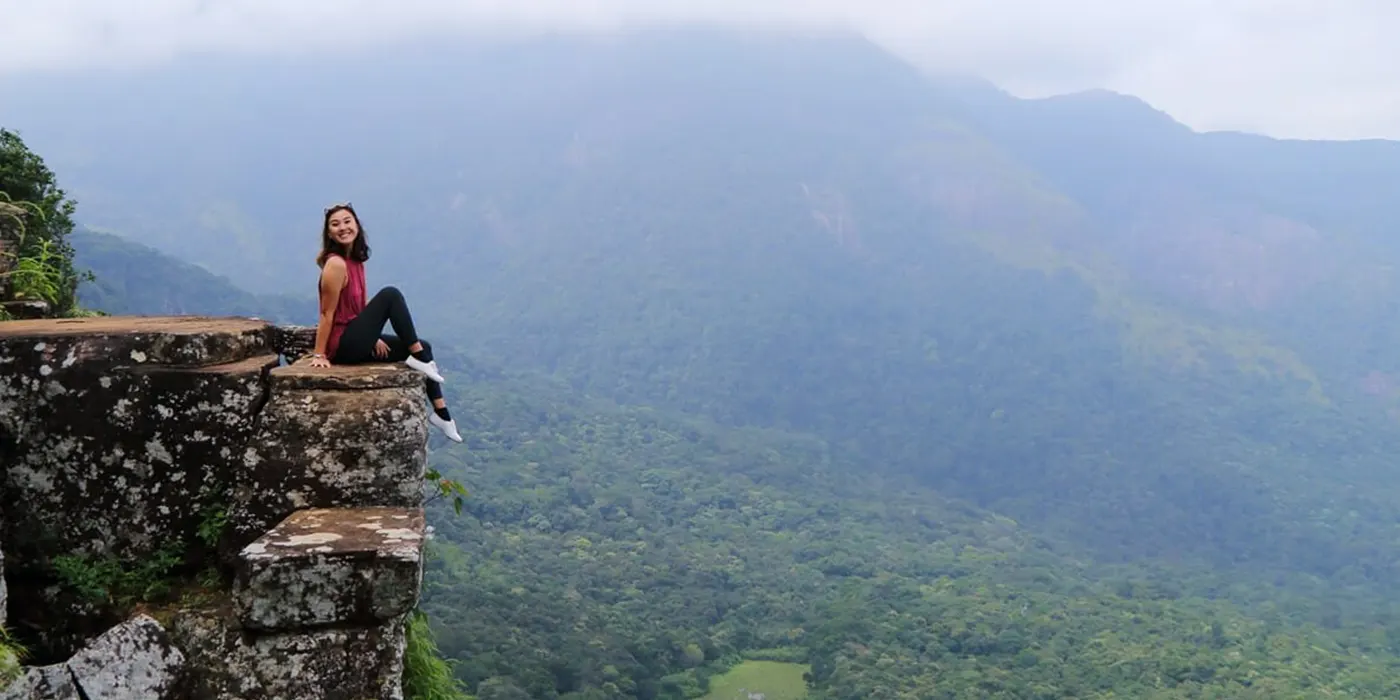
The Knuckles Mountain Range is a UNESCO World Heritage Site located in central Sri Lanka, north-east of the city of Kandy. It is a region of stunning natural beauty, with lush green hills, cascading waterfalls…
Popular Sri Lanka Tour Itineraries
Sri Lanka Travel Guides
Frequently Asked Questions about Planning a Trip to Sri Lanka
1. What should I pack for my trip to Sri Lanka?
Pack lightweight and breathable clothing, sunscreen, insect repellent, a rain jacket, comfortable walking shoes, and any necessary medications. Don’t forget your travel adapter for electrical outlets. You may also want to bring a sarong, which is a versatile piece of clothing that can be used as a skirt, dress, or scarf.
2. How do I get around in Sri Lanka?
There are a number of ways to get around in Sri Lanka, including train, bus, tuk-tuk, and private car. Trains are scenic and popular for longer distances, while tuk-tuks are convenient for short trips. Buses are the cheapest option, but they can be crowded and uncomfortable. Private cars are the most expensive option, but they offer the most flexibility and comfort.
3. Is it safe to drink tap water in Sri Lanka?
It is not recommended to drink tap water in Sri Lanka. Bottled or purified water is readily available and affordable. You can also drink boiled water or water that has been treated with iodine tablets.
4. Can I use my credit cards in Sri Lanka?
Yes, credit cards are widely accepted in larger cities and tourist areas. However, it is always a good idea to carry some cash, especially in smaller towns and rural areas.
5. What is the local currency in Sri Lanka?
The local currency is the Sri Lankan Rupee (LKR). You can exchange foreign currency at banks or currency exchange centers.
6. Do I need any vaccinations before traveling to Sri Lanka?
While no vaccinations are required for entry into Sri Lanka, it is recommended to be up-to-date on routine vaccines and consider vaccinations for diseases such as Hepatitis A, Typhoid, and Japanese Encephalitis, depending on your travel plans. You should consult with your doctor or travel health clinic at least 6 weeks before your trip to discuss your specific needs.
7. What is the food like in Sri Lanka, and is it safe to eat street food?
Sri Lankan cuisine is flavorful and diverse, with influences from Indian, Malay, and Dutch cuisine. Popular dishes include rice and curry, hoppers, and kottu. Street food is popular and generally safe to eat, but it is important to choose vendors with good reviews or local recommendations.
8. Can I use my mobile phone in Sri Lanka?
Yes, you can use your mobile phone in Sri Lanka. However, it is often cheaper to purchase a local SIM card for better rates and coverage.
9. Are there any cultural customs or dress codes I should be aware of?
Sri Lanka is a conservative country, so it is important to dress modestly, especially when visiting temples and religious sites. This means covering your shoulders and knees. You should also remove your shoes before entering these places.
10. Is it necessary to tip in Sri Lanka?
Tipping is not mandatory in Sri Lanka, but it is appreciated. In restaurants, a 10% to 15% tip is customary if a service charge is not included. You can also tip drivers, guides, and hotel staff based on your satisfaction.
11. Is it safe to travel in Sri Lanka considering recent events?
Yes Sri Lanka is a very safe country for travelers.
12. Do I need a visa to visit Sri Lanka?
Most travelers to Sri Lanka require a visa. You can obtain a tourist visa online or on arrival at the airport. You can check the latest visa requirements and fees on the official website of the Department of Immigration & Emigration of Sri Lanka.
13. When is the best time to visit Sri Lanka?
The best time to visit Sri Lanka depends on the region you want to explore. The west and south coasts have a dry season from December to March and a wet season from April to November. The east coast has a dry season from April to September and a wet season from October to March. The hill country can be visited year-round, but the best time to visit is during the dry season from December to March.

